My father was the training principal at the Salvation Army training college, and the compound was a rich habitat for a budding young scientist. We raised doves, played with geckos and guessed each other's secrets using the rotating tops of novel moth pupae as finger-sized “pointers.”
Now my daughter shares my scientific curiosity and love of nature. Together we investigate slime molds, hidden tree frogs, moles and other creatures found in their natural habitat on our property in British Columbia. In these moments, we are just active observers, in awe of the diversity of life around us.
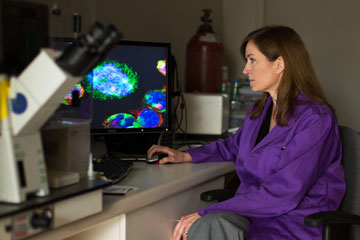 Mills has been awarded several grants to continue her cancer research program, which focuses on a type of pediatric cancer
Mills has been awarded several grants to continue her cancer research program, which focuses on a type of pediatric cancer
As a biology professor at Trinity Western University, I realize that my faith informs my view of the natural world in three central ways: my belief that God is at the centre of all creation, my desire to exercise faith-based stewardship, and my belief that humanity and the rest of creation are inextricably linked.
The idea of a theocentric or a God-centred view of the world is found throughout Scripture. Christ is the “firstborn over all creation” and in him “all things were created” (Colossians 1:15-16). The psalmist writes of God's centrality within the world in the passage “Lord, our Lord, how majestic is your name in all the earth” (see Psalm 8:1-9). While Christian stewardship began to take hold in the 20th century, more recently, reconciliation ecology has become a new paradigm for creation care. These two environmental movements recognize that God's covenants extend both to humanity and his habitat (see Genesis 1:26-30 and Deuteronomy 30:1-10, 11:13-15). Reconciliation ecology differs from mere stewardship in that it recognizes that humans are in relationship or inextricably linked with non-human creation.
On a personal level, reconciliation ecology forces me to better define my own relationship with creation and how my actions have contributed to many of the global environmental issues that we face today. This recognition moves me from being merely a steward or caretaker to an agent of God's reconciliation of the earth.
An interrelationship between humanity and the rest of creation also occurs in God's plan for reconciliation. The major environmental concerns of our time include habitat encroachment, species endangerment, climate change, severe water shortages and an inadequate food supply for a predicted global population surge.
We are told that all of creation is groaning together and eagerly waiting for the children of God to be revealed and the glorious freedom of all creation (see Romans 8). As one Christian scholar has said, “It is difficult to imagine another time in all of history when creation was groaning more loudly than it groans today.”
God reconciles the world to himself through Christ and has passed on the ministry of reconciliation to us (see Colossians 1:15-20, 2 Corinthians 5:18-19). It is logical that our reconciliation with the world should be a natural extension of our reconciliation to God. Indeed, just as Christ is an agent of reconciliation to the world, so too must we, as his followers, have a ministry of reconciliation.
A faith-based model of reconciliation encourages us to minimize harm and to restore ecological health where we live. I recognize my beliefs and values have bearing on the daily choices that I make, choices that affect my environment.
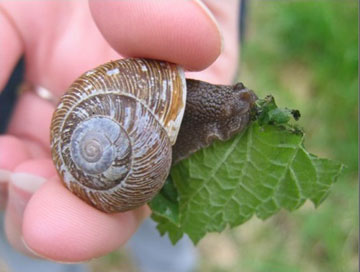 An Oregon forest snail, caught in the act of eating Urtica dioica (stinging nettle). This snail is a species at risk and is found in the western part of Oregon, Washington and north into extreme southwestern British Columbia (Photo: Martyna Kus)
An Oregon forest snail, caught in the act of eating Urtica dioica (stinging nettle). This snail is a species at risk and is found in the western part of Oregon, Washington and north into extreme southwestern British Columbia (Photo: Martyna Kus)
For example, although I have always loved the style of an English country garden, I am now considering incorporating native species into my garden to decrease water consumption and improve the habitat for local wildlife. I have left the stinging nettle along the forest path to preserve the natural habitat of endangered snails that rely on stinging nettle for their existence. When the harvest from our fruit trees or vegetable boxes is too great, we call on our friends and neighbours to enjoy the bounty and prevent waste. I no longer merely enjoy the aesthetic beauty of old-growth trees, but covet them for the raptors (birds of prey) and other creatures that depend on them for shelter.
Care for creation has changed the way I consume and recycle and has been the driving force behind my involvement in environmental and livestock issues in my community. In these small ways, I recognize God's presence in creation and my own responsibility to maintain his handiwork and restore any harm we have done.
Julia Mills is an associate professor and director of biotechnology in the biology department at Trinity Western University in Langley, B.C. In addition to her teaching and administrative duties, she maintains an active biomedical research program in the areas of neuroscience and cancer research. She attends Cariboo Hill Temple in Burnaby, B.C.




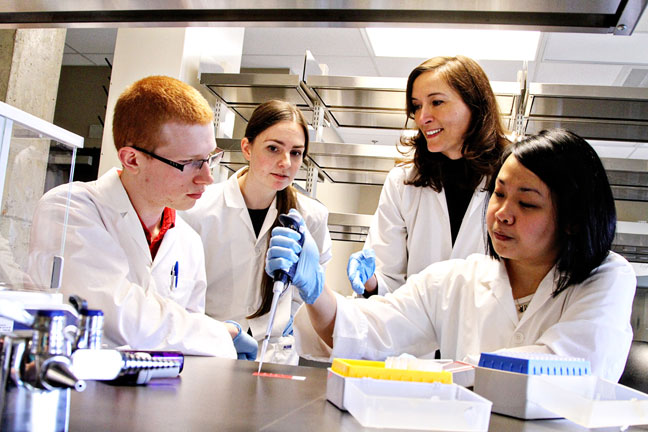
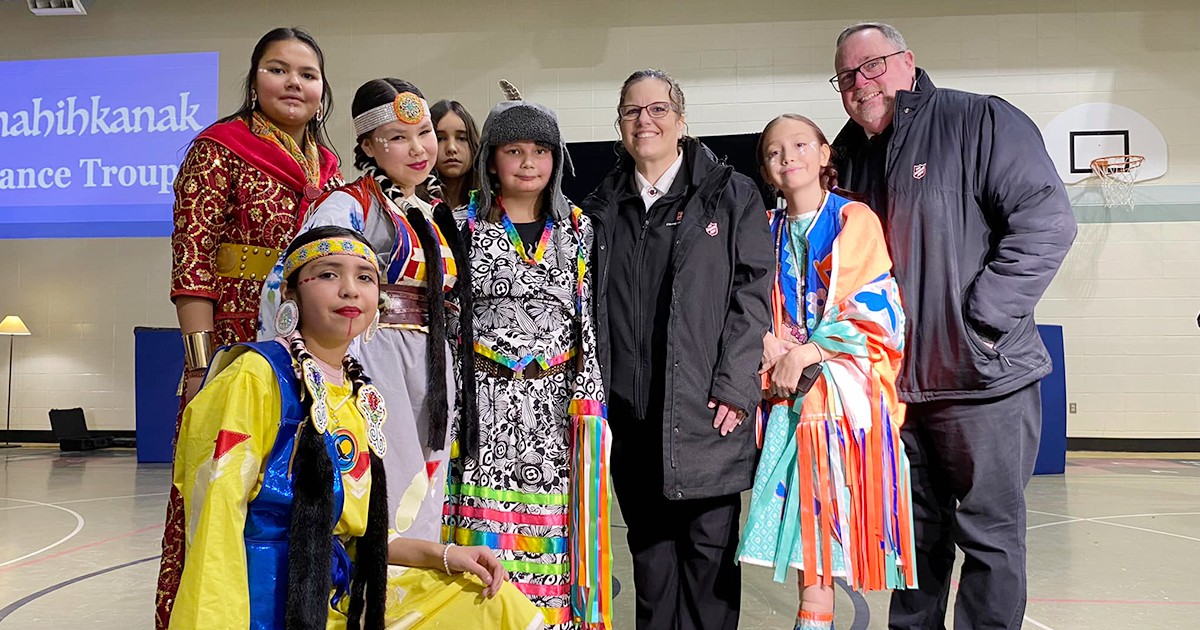
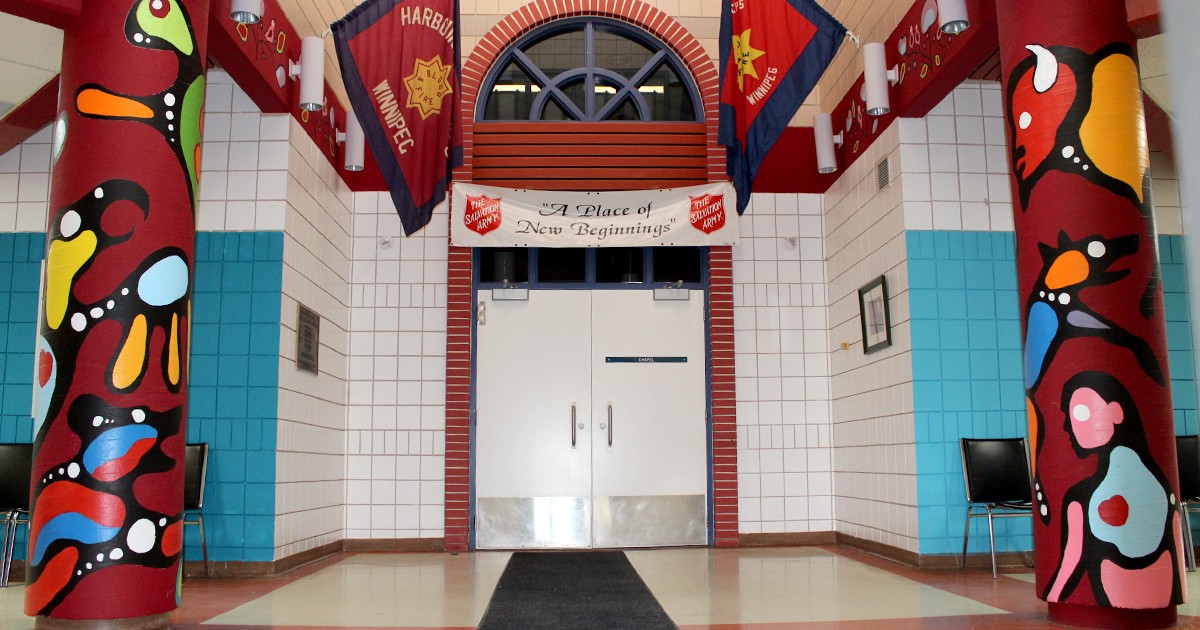
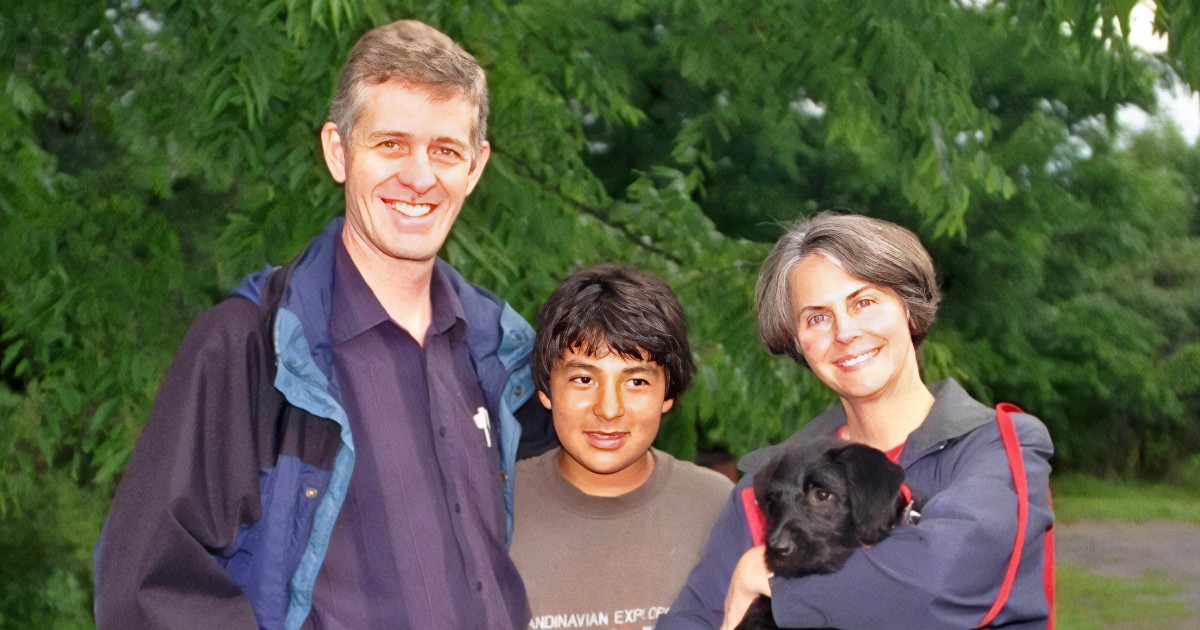


Leave a Comment